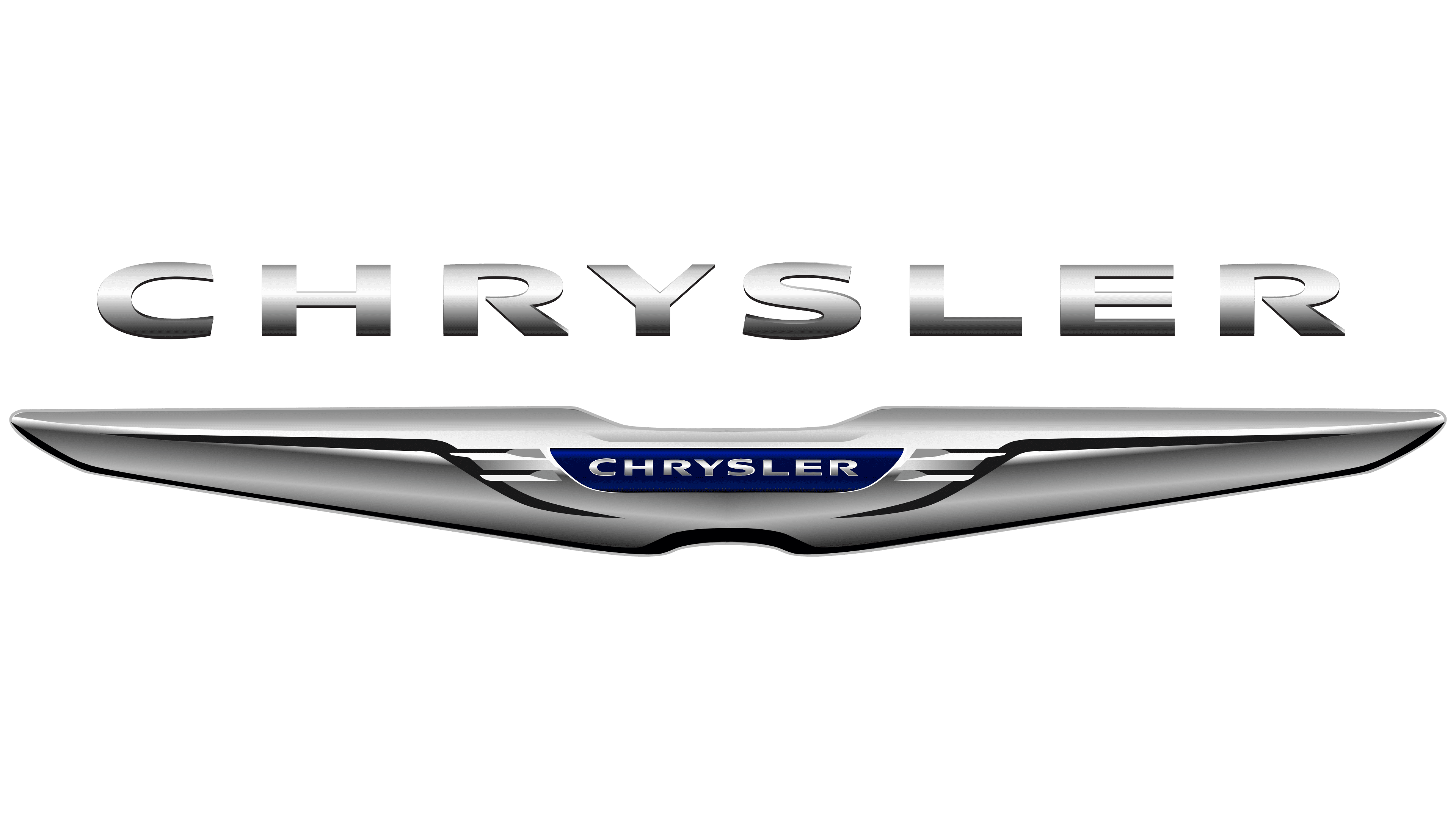
Chrysler
Chrysler, one of America’s iconic automotive brands, has a storied history marked by innovation, significant contributions to the industry, and periods of transformation. Established in 1925 by Walter P. Chrysler, the company quickly gained a reputation for engineering excellence and stylish vehicles.
During its early years, Chrysler introduced innovations that set it apart in the market. The brand was among the first to offer hydraulic brakes as a standard feature, and it also pioneered the development of the “Floating Power” engine mount system, enhancing vehicle comfort by reducing engine vibrations.
Throughout the 20th century, Chrysler continued to introduce groundbreaking models that left a mark on the automotive landscape. The Chrysler Airflow, launched in the 1930s, was a revolutionary car design for its time, incorporating aerodynamic principles and setting new standards in automotive styling and engineering.
In the 1950s and 1960s, Chrysler achieved success with its forward-thinking approach and iconic models like the Chrysler 300, known for its performance and luxury, and the introduction of the Plymouth and Dodge brands under the Chrysler Corporation umbrella.
However, Chrysler also faced financial challenges over the years. In the late 1970s, the company experienced financial difficulties due to economic factors and intense competition, leading to a government bailout in 1980. In the subsequent decades, Chrysler underwent various ownership changes and mergers, including a partnership with Daimler-Benz AG (forming DaimlerChrysler) in 1998 and later a merger with Fiat to form Fiat Chrysler Automobiles (FCA).
Under the FCA umbrella, Chrysler continued to produce a range of vehicles, including sedans, minivans, and SUVs. Models like the Chrysler 300 and Pacifica minivan showcased the brand’s commitment to innovation, technology, and design.
In recent years, Chrysler has shifted its focus toward a more limited lineup, emphasizing the Pacifica minivan and moving away from other vehicle segments. This strategic approach aims to concentrate on producing high-quality vehicles that cater to evolving consumer preferences and market demands.
While Chrysler’s journey has been characterized by ups and downs, its legacy as an American automotive icon endures, reflecting innovation, resilience, and a commitment to producing vehicles that resonate with consumers across generations.

